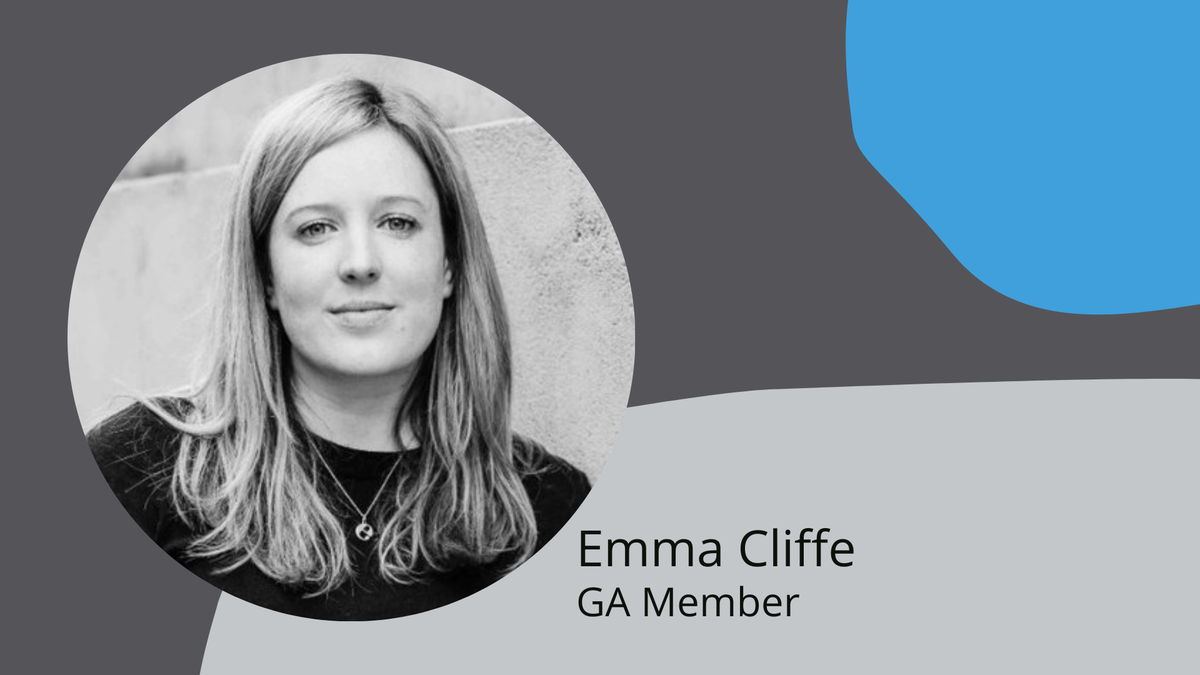Emma Cliffe

Emma is a humanitarian and international development professional with 15 years of experience working across headquarters, regional and country roles in the Pacific, Asia, Middle East and Africa. She specialises in coordination, project and grant management, resource mobilisation, external relations and partnerships, policy research and advocacy, accountability to affected people, protection from sexual exploitation and abuse, gender equality and inclusion, humanitarian financing and localisation. She is currently working as a Humanitarian Adviser (Protection and Inclusion) with Palladium, embedded within the UK Government’s Humanitarian Stabilisation and Operations Team. Prior to this, she led UN Women’s gender in humanitarian action portfolio for Palestine, supported UNRWA’s community engagement approaches with Palestine refugees across Jordan, Lebanon, Palestine and Syria; and led OCHA’s coordination of collective accountability efforts in humanitarian responses in Pakistan and Sri Lanka. She has also worked with organisations including UNFPA, UNDP and the UN Resident Coordinator’s Office in the Pacific, along with International Rescue Committee and Oxfam, where she played a key role in designing, fundraising for, and coordinating large-scale programmes in health, education, water and sanitation, protection, food security and livelihoods, nutrition, governance and disaster risk reduction.
With extensive experience in collective accountability and people-centered approaches across a wide range of projects and initiatives, Emma is deeply committed to humanitarian reform efforts that strengthen quality, accountability and local leadership in responses. She is particularly passionate about ensuring that crisis-affected communities have a meaningful voice in planning and decision-making. She has authored policy papers and research reports for organisations such as the International Council of Voluntary Agencies and the Centre for Humanitarian Leadership. Emma holds a Bachelor of Arts (Political Science and Development) from University of Melbourne and a Master of International Development (Humanitarian Affairs) from RMIT University. She is an active member of several specialised humanitarian rosters, including those managed by DFAT’s Australia Assists, CANADEM, OCHA and WFP. Her work has taken her to Australia, Bangladesh, Indonesia, Jordan, Kenya, Lebanon, Palestine, Pakistan, Rwanda, Solomon Islands, Sri Lanka, Syria and the United Kingdom.
I have been a member of the General Assembly since May 2025.
I joined HQAI because I’m deeply committed to improving the quality of humanitarian assistance and ensuring that the voices of crisis-affected people – especially women, children, and people with disabilities – are truly heard. Their needs and perspectives must guide decision-making at every level. HQAI’s independent verification is crucial for building and sustaining trust with both the communities we serve and the donors who support our work.
What makes HQAI unique is its ability to translate global standards into practical, measurable improvements in humanitarian quality and accountability. Through accessible, third-party verification against the Core Humanitarian Standard, HQAI empowers organizations – small and large, local and international – to demonstrate their impact and strengthen trust with communities and donors alike.